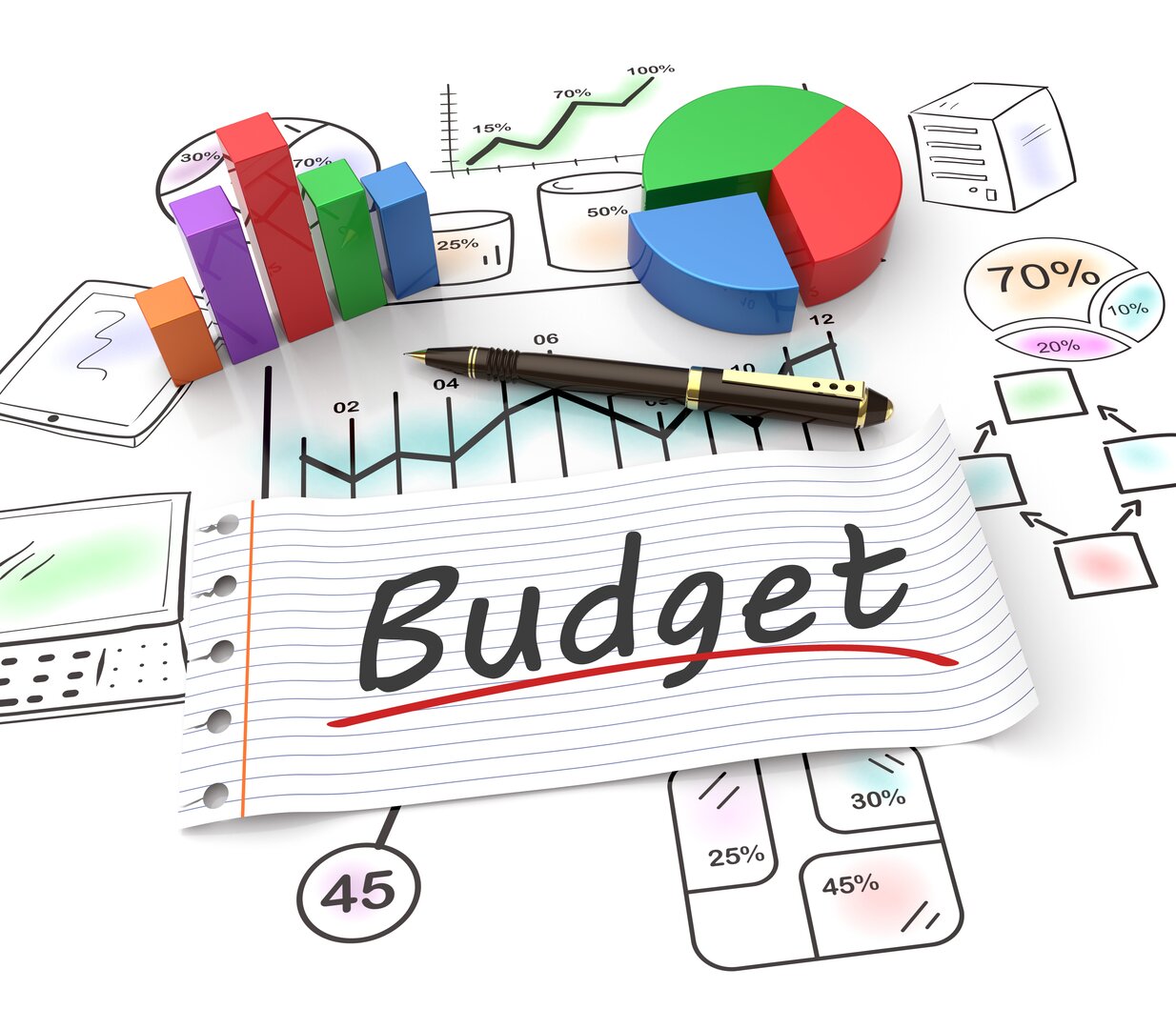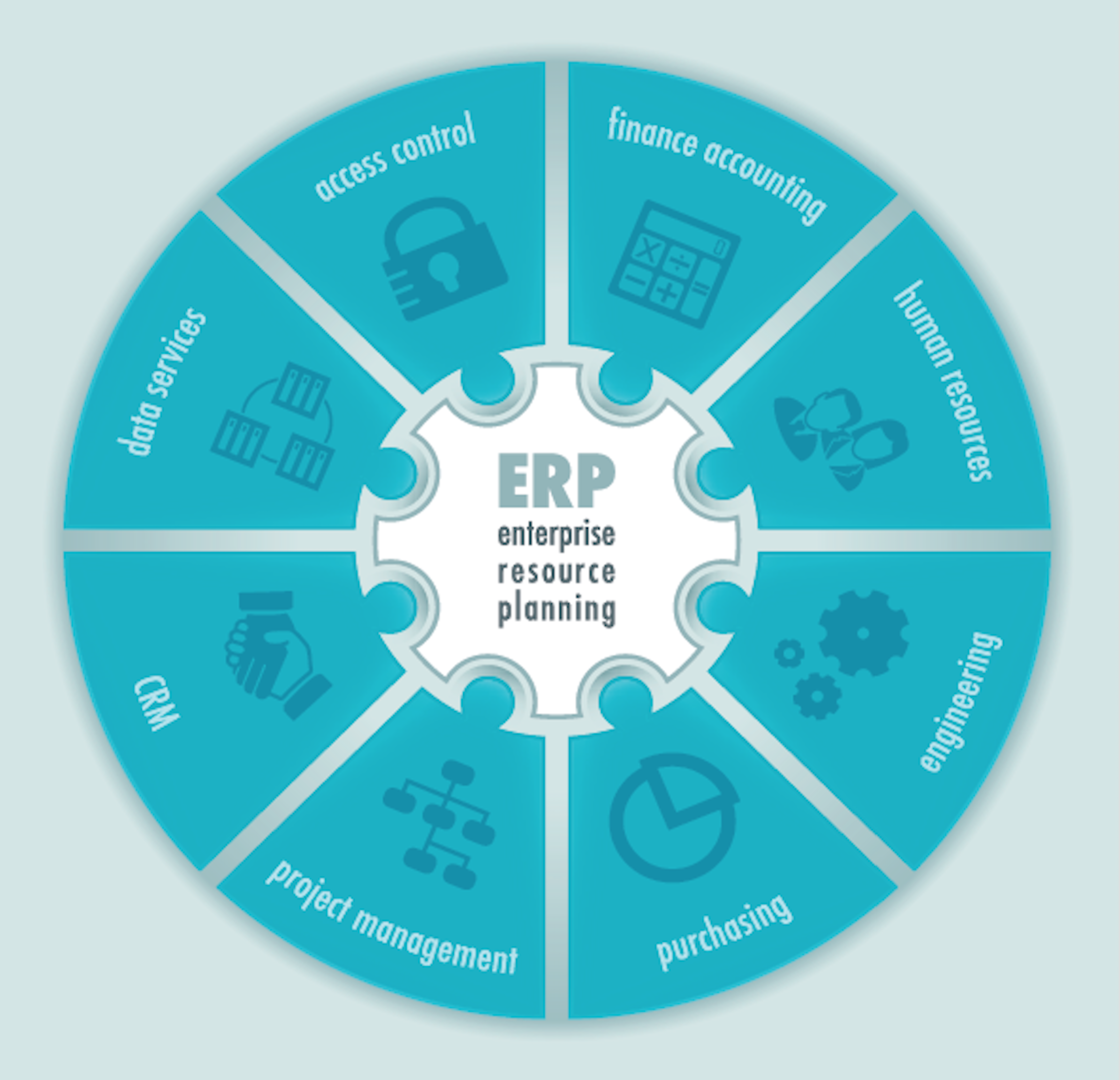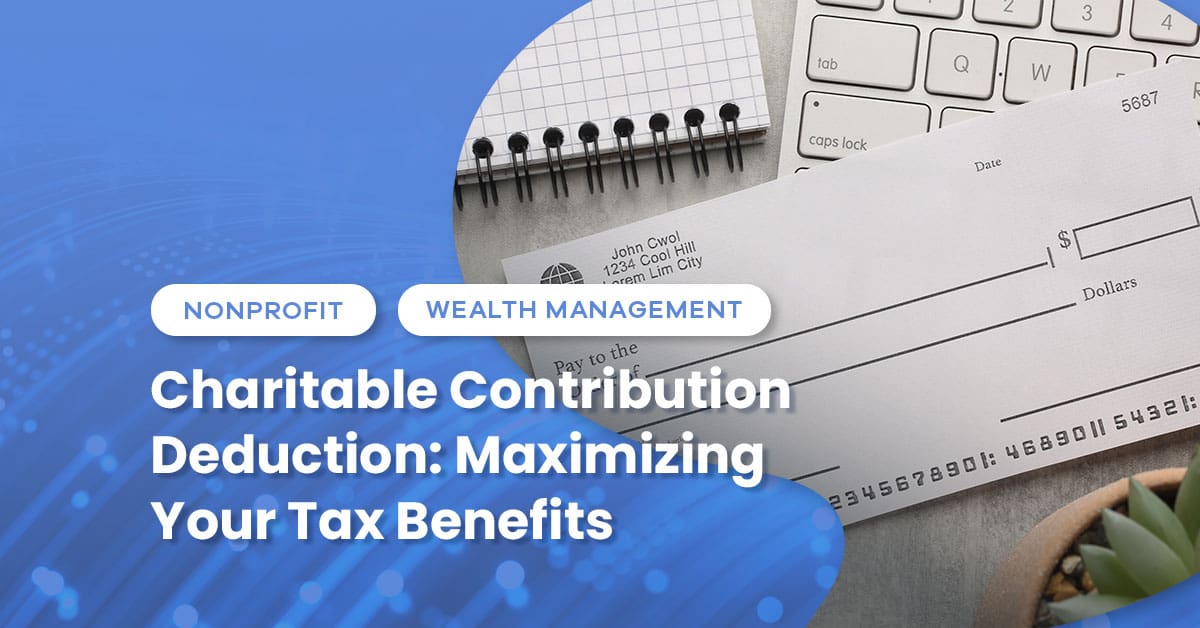By Diana Miller, CPA
The Importance of Annual Budgets for Nonprofit Organizations
Sometimes the importance of writing and maintaining realistic annual budgets is not always understood -but it’s imperative for a number of reasons. For one thing, the document might find more interested readers than you suspect.
Who Cares?
Let’s start with your co-workers. Staffers need to know when funds will be available, or whether belt-tightening might soon begin (or continue). Your budget will also impact hiring decisions, raises and other operational issues.
Board members will study your budget for evidence of stability and responsible governance and to see that financial controls have been put in place to keep the organization afloat and on mission.
Then come the donors. It’s hard for your fundraisers to approach individuals and foundations without being able to prove need. Donors want to know how much your organization requires, when it’s required and what the cash will be used for. Similarly, banks and other lenders expect to see a written budget before granting lending approval.
And finally, you need it. As your nonprofit’s CFO or accountant, you must be able to maintain cash flow and keep your organization on track with a minimum of sleepless nights.
A Budget Checklist
If you’re approaching your first annual budget, here’s a checklist that might serve as a guide to your activities.
Establish a timeline. Work back from when you expect to get board approval. This should happen well before the start of the next fiscal year. This might mean working on your new budget three months before the end of the current fiscal year.
Assign roles and responsibilities. Start by identifying all concerned internal parties. Meet with all staffers who will either generate funding or control spending. Get everyone on board and make sure your budget team works as collaboratively and transparently as possible.
Develop draft expense and income budgets. Include all that you know currently about the money coming in and going out during the upcoming year.
Write your final draft, get buy-in and review it month to month. You can only be expected to have a thorough understanding of your budget up to the moment it’s approved. After then, conditions change. Unexpected donations come in and unforeseen expenses arise. But it’s a valuable document even if you must revise your budget.
No Balancing Act
Some are under the false impression that organizations’ budgets must balance. After all, the very definition of “nonprofit” is not turning a profit. Right?
Not exactly. You can have surplus budgets from year to year just as you might have deficit budgets. A budget will tell you if you’re likely to run a surplus and how you can allocate it while a shortfall will give you and your staff a heads-up to avert financial disaster.
It’s only with the tool of a realistic budget that you can begin to align organizational goals with fiscal realities.
Diana Miller, CPA at Wiss & Company LLP, has extensive experience in public accounting for not-for-profit clients. She can be reached at (973) 786-2277 or [email protected].

 Previous
Previous









